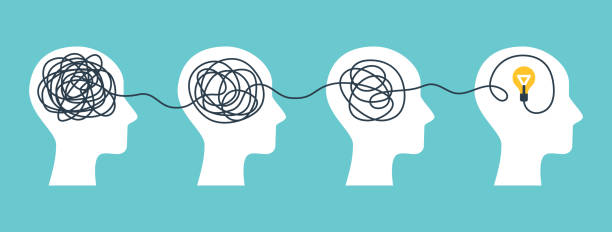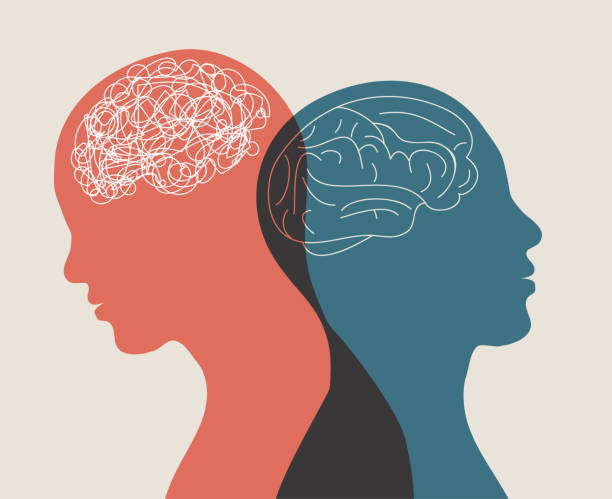Confirmation Bias and How It Shapes Our Decisions

Have you ever noticed how easily we accept information that agrees with our thinking, and how quickly we reject anything that questions it? This is not stubbornness—it’s a very human psychological pattern called confirmation bias. Most of the time, we don’t even realize it’s guiding our choices.
At Veezna, we believe that understanding the mind is the first step toward clearer decisions. Let’s explore what confirmation bias really is, how it quietly affects daily life, and what you can do to reduce its impact.
What Is Confirmation Bias?
Confirmation bias is the tendency to notice, believe, and remember information that supports what we already think—while ignoring or downplaying anything that challenges it. Instead of observing reality openly, the mind looks for comfort and familiarity.

Common Forms of Confirmation Bias
- Selective Searching: Looking only for evidence that agrees with your belief.
- Selective Interpretation: Giving meaning to facts in a way that favors your view.
- Selective Memory: Remembering supportive moments and forgetting contradictions.
Why Does the Mind Do This?
The human brain is designed to save energy and protect emotional comfort. Accepting familiar ideas feels safe. Questioning them creates uncertainty—and the mind naturally resists that discomfort. What once helped us survive can now limit our growth if left unchecked.

Everyday Examples You Might Recognize
- Work: Ignoring critical feedback because positive comments feel reassuring.
- Learning: Believing “I’m weak in this subject” and only noticing failures.
- Health: Trusting advice that matches beliefs while ignoring medical guidance.
- Relationships: Seeing only actions that confirm existing doubts or fears.
How Confirmation Bias Affects Decisions
When we rely on incomplete or filtered information, decisions may feel right emotionally, but they often lack balance. Over time, this can lead to repeated mistakes, missed opportunities, and slow personal growth.
- Poor judgment
- Limited learning
- False confidence
- Resistance to change
What Research Shows
Psychological studies, including early experiments by Peter Wason, demonstrated that people prefer to confirm beliefs rather than test them. Modern neuroscience adds that agreement activates reward areas of the brain, while disagreement triggers stress responses. This explains why opposing views feel uncomfortable—even when they are useful.

Practical Ways to Reduce Confirmation Bias
1. Question Your First Conclusion
Instead of asking “Why am I right?” pause and ask, “What might I be missing?”
2. Listen to Different Viewpoints
Growth happens when we allow space for perspectives that challenge us.
3. Slow Down Important Decisions
Time creates clarity. Rushed choices often follow emotional comfort, not truth.
4. Write Before You Decide
Writing thoughts down helps separate facts from assumptions.
5. Accept That Being Wrong Is Not Failure
Learning begins where certainty ends.
Closing Thought
Confirmation bias is not a flaw—it’s a habit of the mind. And like any habit, it can be reshaped with awareness and practice. Clear thinking leads to better decisions, and better decisions quietly change the direction of life.
At Veezna, we focus on building clarity, awareness, and practical understanding of the mind. If you’re exploring personal growth, communication, or psychology, you’re always welcome to learn with us.
Explore Veezna

